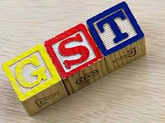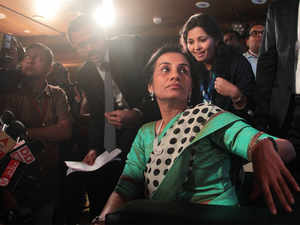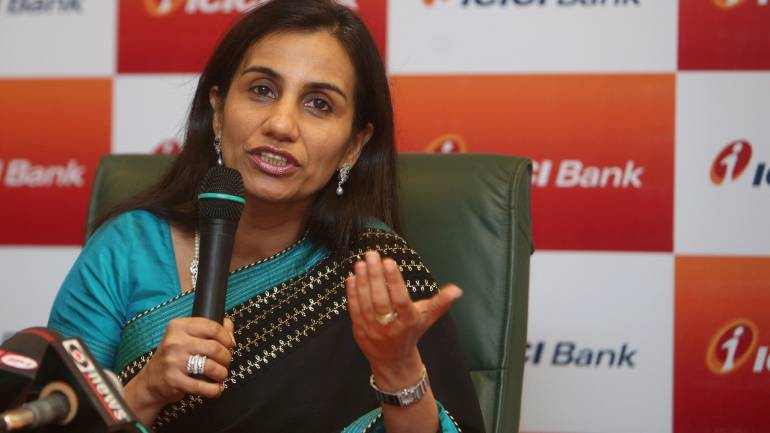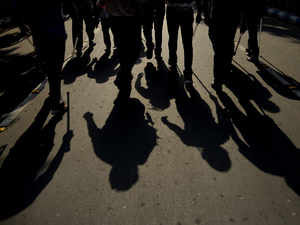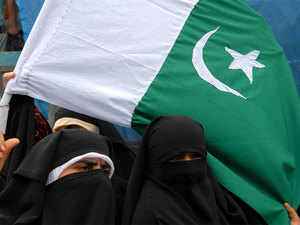 Amazon has said it had asked the Indian government to clarify the new policy and give it an additional four months to comply. (New York Times)
Amazon has said it had asked the Indian government to clarify the new policy and give it an additional four months to comply. (New York Times)
On Friday, Indian consumers will wake up to an emptier, more expensive version of Amazon’s shopping service.
Gone will be iPhones and cheap jumbo packs of Pampers diapers. Fewer varieties of Maybelline cosmetics will be available, and Amazon’s own Echo smart speakers will vanish entirely.
In all, more than 400,000 items that account for nearly a third of Amazon’s estimated $6 billion in annual sales in India will probably disappear at least temporarily from the local version of the company’s service, as Amazon tries to comply with new e-commerce rules imposed by the Indian government.
Amazon, which had structured its operations carefully to adhere to a 2016 revision to the country’s e-commerce rules, said it had asked the Indian government to clarify the new policy and give it an additional four months to comply. “We remain committed to be compliant to all local laws, rules and regulations," Amazon said in a statement.
Barring a last-minute reprieve, Amazon’s leading rival in India, Flipkart, which effectively became a Walmart subsidiary last year, will also be forced to remove thousands of products from its service, particularly in the apparel category, where it sells many clothing items made by affiliated companies. Flipkartcould lose as much as a quarter of its sales in the short term, according to Technopak, an Indian consulting firm.
A spokesman for Walmart, which spent $16 billion for its controlling stake in Flipkart, declined to comment on the new policy or its potential effects.
The change underscores the risks US companies face in India, which ranked No. 77 globally in the World Bank’s most recent survey on ease of doing business.
With 1.3 billion residents, the country would appear to be an attractive market. But it poses many challenges, including bad roads, low per capita incomes, a cacophony of languages and a consumer economy that runs largely on cash.
The country’s millions of shopkeepers and small traders wield tremendous power in votes and campaign donations. And its large corporations, many of them closely tied to the government, are eager to wrest Indian consumers from the embrace of foreign companies like Amazon, Facebook and Google.
Prime Minister Narendra Modi traveled to Silicon Valley in 2015 to urge tech companies to invest in India.
But with national elections looming in May and growing disenchantment with Modi’s policies, his government has recently championed a vigorous economic nationalism, passing or proposing policies to rein in the power of foreign financial firms like Visa and Mastercard and tech companies like Facebook and Google.
Just after Christmas, it was the retailers’ turn. Modi’s administration announced that, effective Feb. 1, foreign-owned e-commerce services like Amazon and Flipkart could not sell goods through affiliated companies. Direct sales to consumers had been banned earlier, but each of the two companies had set up a complex array of related companies to indirectly offer popular products at low prices with fast delivery.
To continue operating, Amazon and Walmart will now have to turn their sites in India into digital bazaars for independent merchants, becoming more like eBay, which charges for certain services but sells nothing itself.
“People have started to buy China’s viewpoint: We need to build domestic assets and domestic companies," said Ankur Bisen, an analyst who leads the retail division at Technopak. “We have to have a more nuanced approach to the onslaught of global corporations."
Ashwani Mahajan, a leader of the Swadeshi Jagran Manch, an economic self-reliance organization affiliated with Modi’s political party, praised the new policy, saying it was essential to help small shopkeepers survive against the economic might of global companies that can afford to offer deep discounts.
“I know my next-door shopkeeper," Mahajan said, echoing arguments heard in the United States when Walmart was battling Main Street retailers. “I know his family. I don’t know who is Amazon, who is Flipkart. For the survival of these two entities, I can’t put the livelihood of my country at risk."
Snapdeal, an Indian online marketplace that was hurt by earlier price wars with Amazon and Flipkart, also cheered the policy changes while urging the government not to grant the companies more time to comply.
Indian consumers may pay a price for such protectionism. A survey of common products currently available on Amazon’s Indian site suggests that after sales by its affiliated companies are banned, many products will disappear and others will become more expensive because they will only be sold by small merchants who lack the clout to negotiate low wholesale prices from manufacturers.
The policy changes prompted complaints from U.S. business groups and diplomats, but the government has shown no sign of relenting.
Senior officials of the commerce ministry, which issued the new rules, did not respond to several requests for comment. In recent days, they have been bombarded with thousands of emails and, in some cases, videos from small merchants urging them to take a tough line with the foreign companies.
In a letter sent Wednesday, the main traders’ organization threatened the government with political repercussions if it backtracked on the policy and urged officials to investigate the past two years’ of transactions made by Amazon and Flipkart.
Bisen of Technopak predicted that the government would not enforce the rules aggressively for a few months, giving Amazon and Walmart time to figure out how to work within the new system. Instead of selling products, he said, they could charge fees for listing items, storing goods and delivering them.
“This entire arrangement will force these guys to be service providers," Bisen said.







